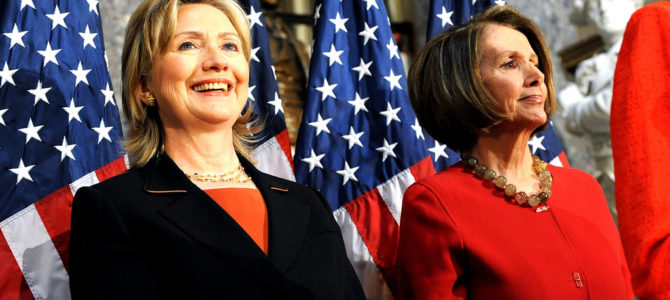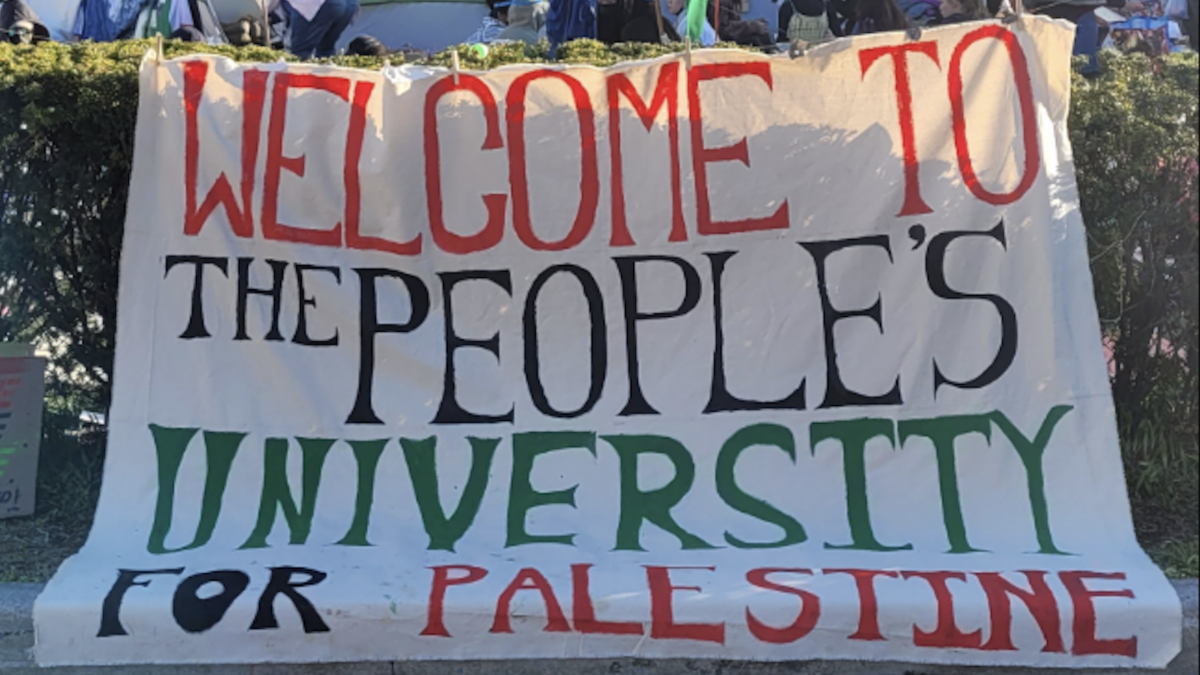
Deputy Attorney General Rod Rosenstein repeatedly lectured on the importance of the “rule of law” in a recent speech to a dinner party in Philadelphia, but his actions in the Trump investigation suggest he may not be practicing what he preaches.
He borrowed from John MacArthur Maguire to describe the rule of law as a system of “wise restraints that make men free.” These restraints “preserve liberty because they are prescribed in advance, and they apply equally to everyone, without regard to rank or status,” he said.
Yet Rosenstein personally approved highly questionable raids on President Trump’s private attorney, Michael Cohen, particularly given context we recently learned about the Hillary Clinton campaign. Let’s review.
Our federal government, shockingly, raided Cohen’s office, home, and hotel room. The crime being investigated? We don’t know for sure, but it appears to have started with Cohen’s payment of hush money to Stormy Daniels, a prostitute who claims to have had an affair with Trump.
Here’s what we know based on what’s in the news, though I acknowledge these leaks may not be reliable. Part of Cohen’s job was to make sure Trump’s past affairs didn’t come to light, and he paid Cohen a monthly retainer. Daniels approached Cohen with an offer to “sell” exclusive rights to her “story” about the affair to Trump.
In other words, she would agree to keep it quiet until Trump chooses to exercise his right to exploit the story commercially with a film or a book (meaning never). Cohen used a personal home equity line of credit to raise the money to pay Daniels, and then transferred it to a corporation which passed it on to her and her attorney.
The payment was not reported to the Federal Election Commission, which apparently set off alarm bells for the feds once they learned about it. It’s easy to see why. Trump was battling with Hillary Clinton for the presidency when this emerged, so the government seems to consider the payment to Daniels as a possible “in kind” campaign donation that should have been reported to the FEC.
The theory seems to be that because Cohen used a private source of financing instead of campaign money, he must have been hiding the money from the FEC. The transaction was therefore “bank fraud” because a bank was involved. Some speculate this must not have been properly reported on his taxes.
Okay, now get ready for the mother of all “What about” questions. Remember all those women who came out around that same time (October of 2016) accusing candidate Trump of sexual harassment? Turns out that a lawyer sympathetic to candidate Clinton contacted Clinton donors for money with which to pay some of these women to accuse Trump right before the election.
The Hill reports: “The women’s accounts were chronicled in contemporaneous contractual documents, emails and text messages reviewed by The Hill, including an exchange of texts between one woman and Bloom that suggested political action committees supporting Hillary Clinton were contacted during the effort” (emphasis mine). The New York Times adds:
Ms. Allred’s daughter, the lawyer Lisa Bloom, seized on the political potency of sexual harassment charges against Mr. Trump not long after he clinched the Republican presidential nomination. She said she reached out to a pro-Clinton “super PAC” — though she declined to identify which one — for money to help her vet a sexual misconduct claim against Mr. Trump.
That case collapsed one week before Election Day, but as a result of the attention it generated, several donors reached out to Ms. Bloom ‘asking how they could help,’ she said. She told them that she was working with ‘a few other women’ who might ‘find the courage to speak out’ against Mr. Trump if the donors would provide funds for security, relocation and possibly a ‘safe house.’
During the third presidential debate, candidate Trump speculated that the Clinton campaign was “behind” why the women came forward to accuse him all at the same time right before the election. Believe it or not, on national television, Ms. Clinton didn’t deny that her campaign was behind the accusers during her rebuttal. While she would shake her head silently denying candidate Trump’s accusation that she hired agent provocateurs to cause violence in his rallies, she did not deny, verbally or non-verbally, coordinating with the victims of Trump’s alleged harassment.
What about Lisa Bloom? Where are the search warrants for her office and home? Why isn’t her attempt to coordinate payments to these accusers to speak out against Trump just as much of a dark campaign contribution as Cohen’s hush money? To quote another Bloom from the recent movie “Mollie’s Game”:
Molly Bloom: Am I breaking the law?
Louis Butterman: Not really.
Molly Bloom: We’re able to find out for sure, aren’t we? Laws are written down.
Aren’t these laws supposed to be written-down so one can know in advance whether one might be subject to criminal prosecution for violations of rules that we agree-upon in advance? Shouldn’t these rules apply equally regardless of whether your name is “Trump” or “Clinton?”
With Cohen and Bloom appearing to do the exact mirror image of the same thing in the same election with such dramatically different legal outcomes, one cannot help but wonder whether Rosenstein is indeed applying laws “equally to everyone, without regard to rank or status.”









